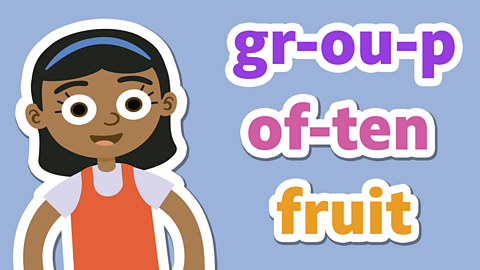What is social and historical context?
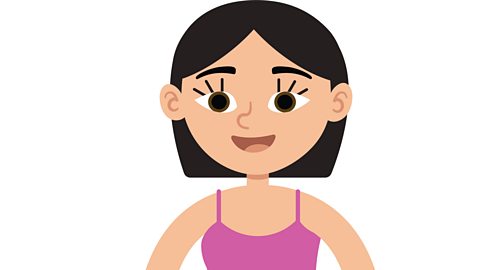
Looking at social and historical context means looking carefully at what was going on in society and history at the time a text was written. This can help you to understand a book and its characters better.
Authors are often affected by what is going on in the world around them and what they write is shaped by the events and ideas of their time. Authors in the past did this, and modern authors do it too.
Looking at these details can really help you to get a better understanding of a book and why it was written.

Watch: Social and historical context
Watch teacher Miss Williams explain more about what social and historical context is, and how you can apply it to the books you read.
What is social and historical context? Find out about its importance in this Teacher Talk video.
Treasure Island
In the video you heard about Treasure Island by Robert Louis Stevenson, which was first published in 1883.
Miss Williams mentioned some unusual, old-fashioned words used in the book, such as buccaneer (which means ÔÇśpirateÔÇÖ) and spyglass (an old word for ÔÇśtelescopeÔÇÖ).
Identifying words such as these gives us an insight into the world the story is set in and this helps our understanding of its social and historical context. This can all add to our enjoyment of the story.
Now watch this animation clip based on Treasure Island.
As you watch, listen out carefully for other unusual words that the characters say.
Make a note of any you hear that you think we no longer use today.
When you have finished watching, think about the words you have written down and what they might mean. Share your ideas with a friend or family member.
Activity 1
1. Look at the list of words you made a note of while you were watching the Treasure Island clip. Did you spot any of the words below? Can you work out or guess what they mean?
Write down a modern definition for them. You can check your answers in a dictionary or online dictionary.
- sabre
- parchment
- doubloons
- pieces of eight
2. Now try writing at least one sentence using each of the words.
For example:
I wrote a letter on a sheet of parchment and signed my name.
Activity 2
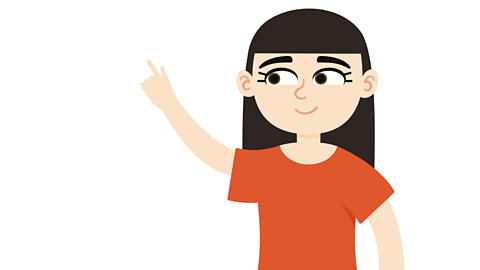
The table below is taken from the Teacher Talk video you watched earlier.
Draw this table out and use it to research the social and historical context of a book you know.
Include the title of the book and the author's name in the first column.
This could be a book that was written a long time ago or in a faraway country, or a story that is based in the present or even the future - all books have context!
Look back at the Teacher Talk video in the Learn section if you need a recap on how to fill in the table. Start the video again at 2:00.
You could use the internet to help with your research. Trying using the following things for your search terms, as a starting point:

- the author's name
- the book's title
- the name of the publisher
- the date of the bookÔÇÖs publication
| BOOK DETAILS | CONTEXT | MY NOTES | WHAT MY NOTES SHOW ABOUT THE BOOK |
|---|---|---|---|
| Title: | Historical context | ||
| Unusual words | |||
| Author: | Social context | ||
| Author's life |

Top tip!
Ask an adult for help when searching online so that you can find the information you need most effectively.

Activity 3
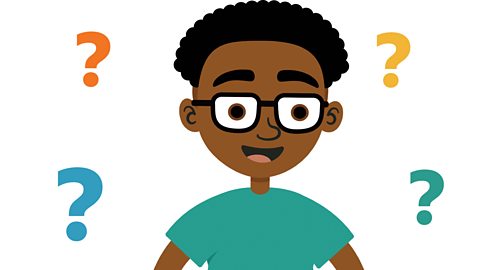
Using the notes you made in Activity 2, write a short review of your book.
In your review you should explain to someone else how life was different in the time the book was set or written, compared with now.
Include any information you found out about:
- the historical context of the book
- any unusual words used in the book (and their modern meanings if it is a book that was set a long time ago)
- the social context of the book
- interesting details about the authorÔÇÖs life
- how these things compare with life today
Aim to write at least two sentences for each point.
Use phrases like these in your review to help you structure your writing:

- In the pastÔÇŽ
- At that timeÔÇŽ
- During that periodÔÇŽ
- ▒Ě┤ăĚ╔▓╣╗ň▓╣▓Ô▓§ÔÇŽ
- In the modern worldÔÇŽ
- Compared with todayÔÇŽ
Play our fun English game Crystal Explorers. gamePlay our fun English game Crystal Explorers
Use grammar, punctuation and spelling skills to explore jungles, caves and tombs on your mission!

More on Reading skills
Find out more by working through a topic
- count8 of 11
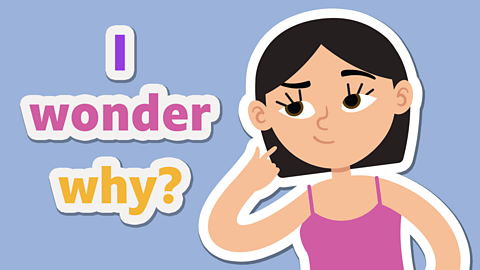
- count9 of 11
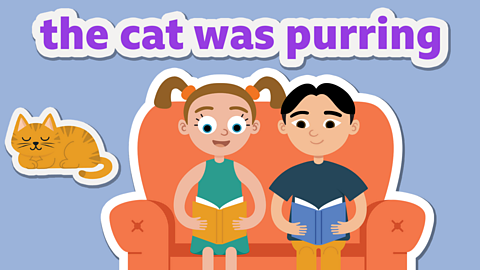
- count10 of 11
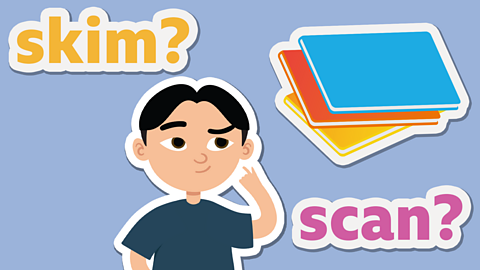
- count11 of 11
